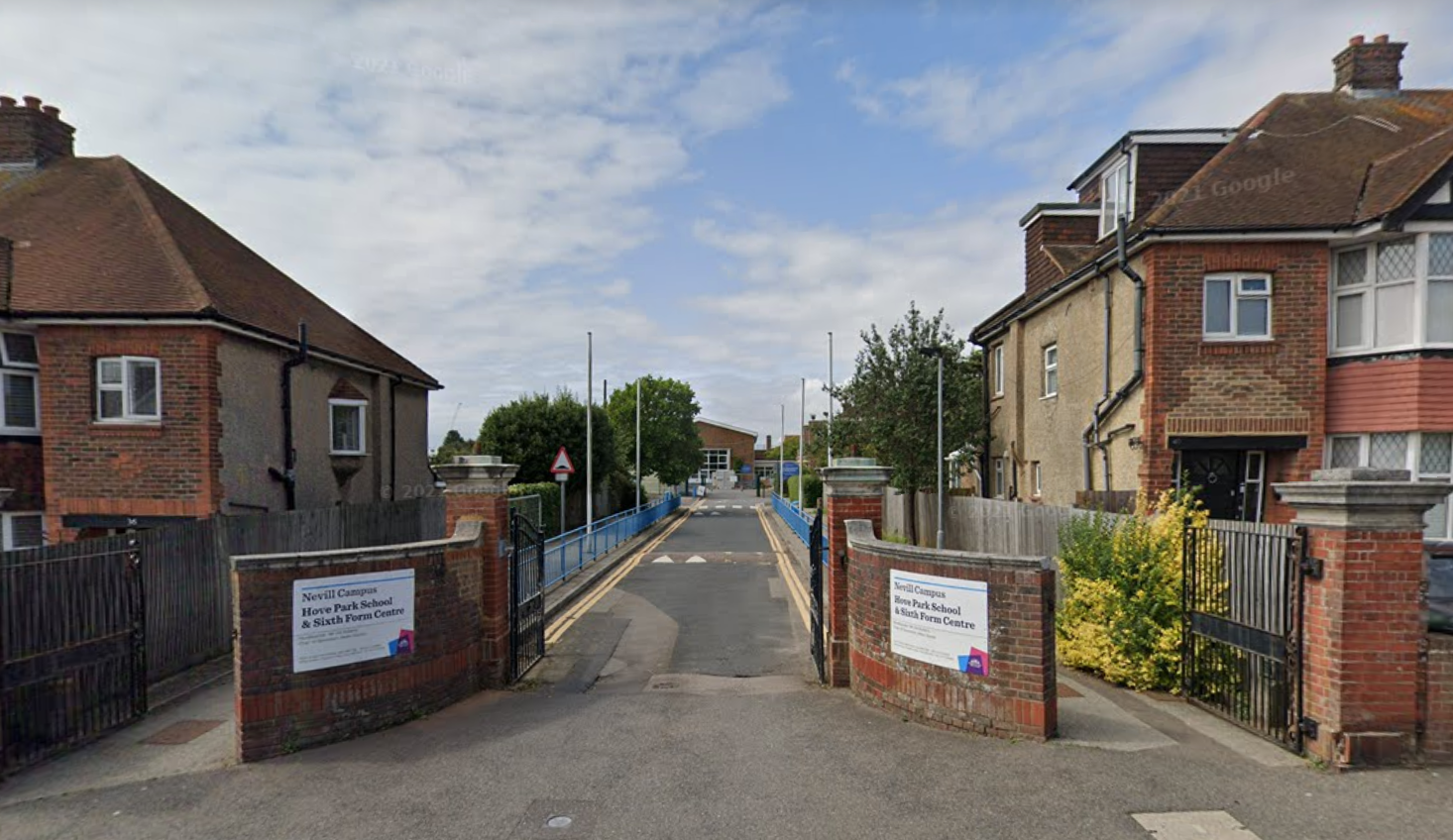
A pupil at a school in Sussex suspected to have had an invasive Strep A infection has died, bringing the UK-wide death toll to 16.
The pupil, whose age nor gender have not been given, attended Hove Park School, East Sussex.
Specialists from the UKHSA are working with Brighton and Hove City Council to support the school following the death.
Dr Rachael Hornigold, consultant in health protection at UKHSA South East, said: “We are extremely saddened to hear about the death of a young child and our thoughts are with their family, friends and the local community.
“Infection with Group A Streptococcus bacterium usually causes a sore throat, scarlet fever or skin rash, and is passed by physical contact or through droplets from sneezing or coughing.
“In very rare cases, the infection can become invasive and enter parts of the body where bacteria aren’t normally found, which can be serious.
“We will implement public health actions, including advice to the city council and school community.”

It was reported yesterday that child deaths from Strep A, a bacteria which is normally found in the throat, had risen to 15.
The UKHSA has now recorded 14 fatalities linked to the bacterial infection in England, including the death in East Sussex, while one child has died in Northern Ireland and another in Wales.
Alistair Hill, director of public health at Brighton and Hove City Council, said: “We offer our heartfelt condolences to the family, friends and the whole school community who will all be deeply affected by the very tragic loss of this young child, and we are providing our support to them at this incredibly sad time.
“While we cannot comment on individual cases, we ask that the privacy of the family is respected.
“As a precaution, we have also been working closely with the school to raise awareness amongst parents and carers of the signs and symptoms of Group A Streptococcal infections, and what to do if a child develops these, including invasive Group A Streptococcal disease (iGAS).”

He said he wanted to stress that contracting iGAS disease from another person is “very rare” and that most people who come into contact with Group A Streptococcal infections “remain well and symptom-free - and therefore there is no reason for children to be kept home if well”.
It follows official data published on Wednesday that revealed scarlet fever cases had surged by tenfold in a year.
UKHSA figures showed a huge rise in scarlet fever cases in England and Wales from last year, with 23,000 cases in the year to date, compared to just 2,300 for the same period in 2021.
Infections for the final half of the year were also more than three times higher than the average for the previous five years.
Group A strep bacteria can cause many different infections, ranging from minor illnesses to deadly diseases.
Illnesses caused by Strep A include the skin infection impetigo, scarlet fever and strep throat.
While the vast majority of infections are relatively mild, sometimes the bacteria cause a life-threatening illness called invasive Group A Streptococcal disease.
The UKHSA has said there is no current evidence that a new strain is circulating and the rise in cases is most likely due to high amounts of circulating bacteria and increased social mixing.
WHAT PARENTS HAVE BEEN ADVISED TO DO IF A CHILD IS UNWELL
Advice from UK Health Security Agency on Strep A
The first signs of scarlet fever can be flu-like symptoms, including a high temperature, a sore throat and swollen neck glands (a large lump on the side of your neck).
A rash appears 12 to 48 hours later. It looks like small, raised bumps and starts on the chest and tummy, then spreads. The rash makes your skin feel rough, like sandpaper. The rash will be less visible on darker skin but will still feel like sandpaper.
Contact NHS 111 or your GP if:
- your child is getting worse
- your child is feeding or eating much less than normal
- your child has had a dry nappy for 12 hours or more or shows other signs of dehydration
- your baby is under 3 months and has a temperature of 38C, or is older than 3 months and has a temperature of 39C or higher
- your baby feels hotter than usual when you touch their back or chest, or feels sweaty
- your child is very tired or irritable
Call 999 or go to A&E if:
- your child is having difficulty breathing – you may notice grunting noises or their tummy sucking under their ribs
- there are pauses when your child breathes
- your child’s skin, tongue or lips are blue
- your child is floppy and will not wake up or stay awake







